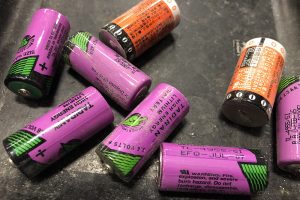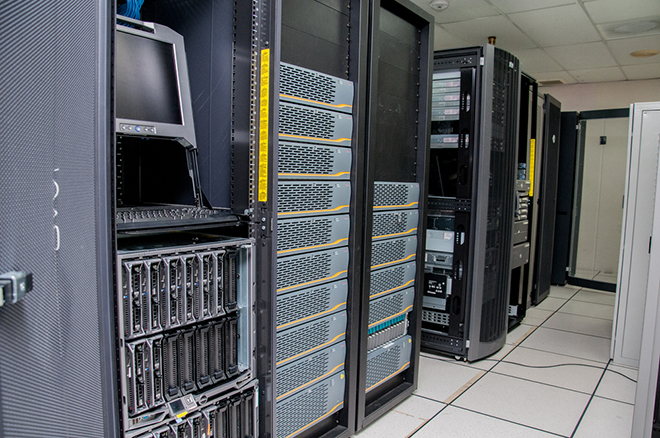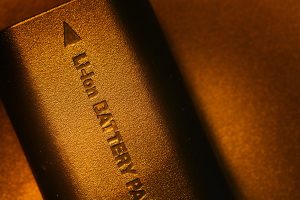
More than a quarter of consumers are so concerned that data on their old mobile phones might be compromised that they wouldn’t trade in the devices, according to a survey.

More than a quarter of consumers are so concerned that data on their old mobile phones might be compromised that they wouldn’t trade in the devices, according to a survey.
 Two government initiatives looking to energize the lithium-ion battery recycling sector have officially launched, offering prize money to recycling entrepreneurs and a dedicated laboratory to house research projects.
Two government initiatives looking to energize the lithium-ion battery recycling sector have officially launched, offering prize money to recycling entrepreneurs and a dedicated laboratory to house research projects.
 A growing number of U.S. businesses and institutions are using ITAD service providers, but they are more selective about the companies they work with, according to a new report.
A growing number of U.S. businesses and institutions are using ITAD service providers, but they are more selective about the companies they work with, according to a new report.
 E-scrap processor Cascade Asset Management saw resale prices rise for devices it handled over the past year, according to the company’s recently released annual report.
E-scrap processor Cascade Asset Management saw resale prices rise for devices it handled over the past year, according to the company’s recently released annual report.
 End-of-life electronics received attention at the World Economic Forum meeting this month. A report from several global entities called for a systemic change to stem rising volumes of unrecovered devices.
End-of-life electronics received attention at the World Economic Forum meeting this month. A report from several global entities called for a systemic change to stem rising volumes of unrecovered devices.
 The U.S. Department of Energy will award $5.5 million to companies advancing lithium-ion battery recycling technology, and it will dedicate $15 million to developing a research center focused on the material.
The U.S. Department of Energy will award $5.5 million to companies advancing lithium-ion battery recycling technology, and it will dedicate $15 million to developing a research center focused on the material.
 Results of a new study suggest e-scrap workers must wipe their hands multiple times at the end of their shifts to remove toxic flame retardants.
Results of a new study suggest e-scrap workers must wipe their hands multiple times at the end of their shifts to remove toxic flame retardants.
 Researchers analyzing particle samples from an e-scrap facility found concentrations of a previously undetected, potentially toxic chemical.
Researchers analyzing particle samples from an e-scrap facility found concentrations of a previously undetected, potentially toxic chemical.

Aubrey Arain attaches an air sampling pump to an e-scrap worker to measure contaminants in the air he breathes.
Researchers from the University of Michigan are studying and finding ways to mitigate health risks from informal electronics recycling practices in Chile and Thailand.
With two weeks until the 2018 E-Scrap Conference, we’re featuring another expert who will share insight on-stage in New Orleans.

